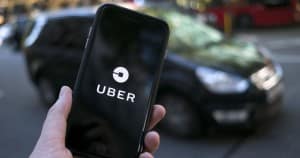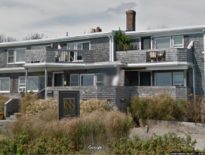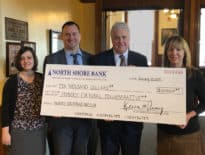Massachusetts Port Authority officials are weighing a plan that would significantly change the flow of vehicles driving for ride-hailing apps to and from Logan International Airport and would implement higher fees on the services, a combination of moves they say will reduce congestion and lower greenhouse gas emissions.
The proposal, discussed at Thursday’s board of directors meeting and detailed in a press release, would funnel all trips on rides-for-hire apps such as Uber and Lyft into the ground floor of the airport’s central garage for both inbound and outbound trips.
Currently, transportation network company, or TNC, vehicles can drop passengers off at the curb in front of terminals and pick up new rides in a shared parking lot. However, Massport officials say moving everything into one location would improve the flow of traffic, cut down on empty-car trips and make it easier for drivers to find their next customers after completing a ride.
The plan, which is not yet final, sets a goal of reducing empty TNC trips to and from the airport, referred to as “deadheads,” by 30 percent. State data indicate that 5 million of the 12 million ride-hailing trips to and from Logan in 2018 carried no passengers.
Massport’s proposal also suggests increasing the fee assessed on TNC rides picking up at the airport. The press release did not detail a specific figure, but media reports from Thursday’s board meeting indicated the fees would increase from $3.25 to $5 for single riders or $2.50 for shared rides and that similar costs would apply for both arrivals and departures.
The authority is also considering changes to double ridership of the Logan Express bus service. In May, the stop near Copley Square will move directly across Back Bay Station to provide better access to trains, and next year, curbside service will be available outside North Station.
Officials said the changes would help reduce congestion around the airport, which continues to see steady growth in usage as airlines expand.
New restrictions on TNCs have become a common suggestion in recent weeks. The MBTA’s oversight board said as it was voting on new fare increases last week that state leaders should consider leaning more on Uber and Lyft, and leadership in the legislature has indicated such an idea is on the table.







